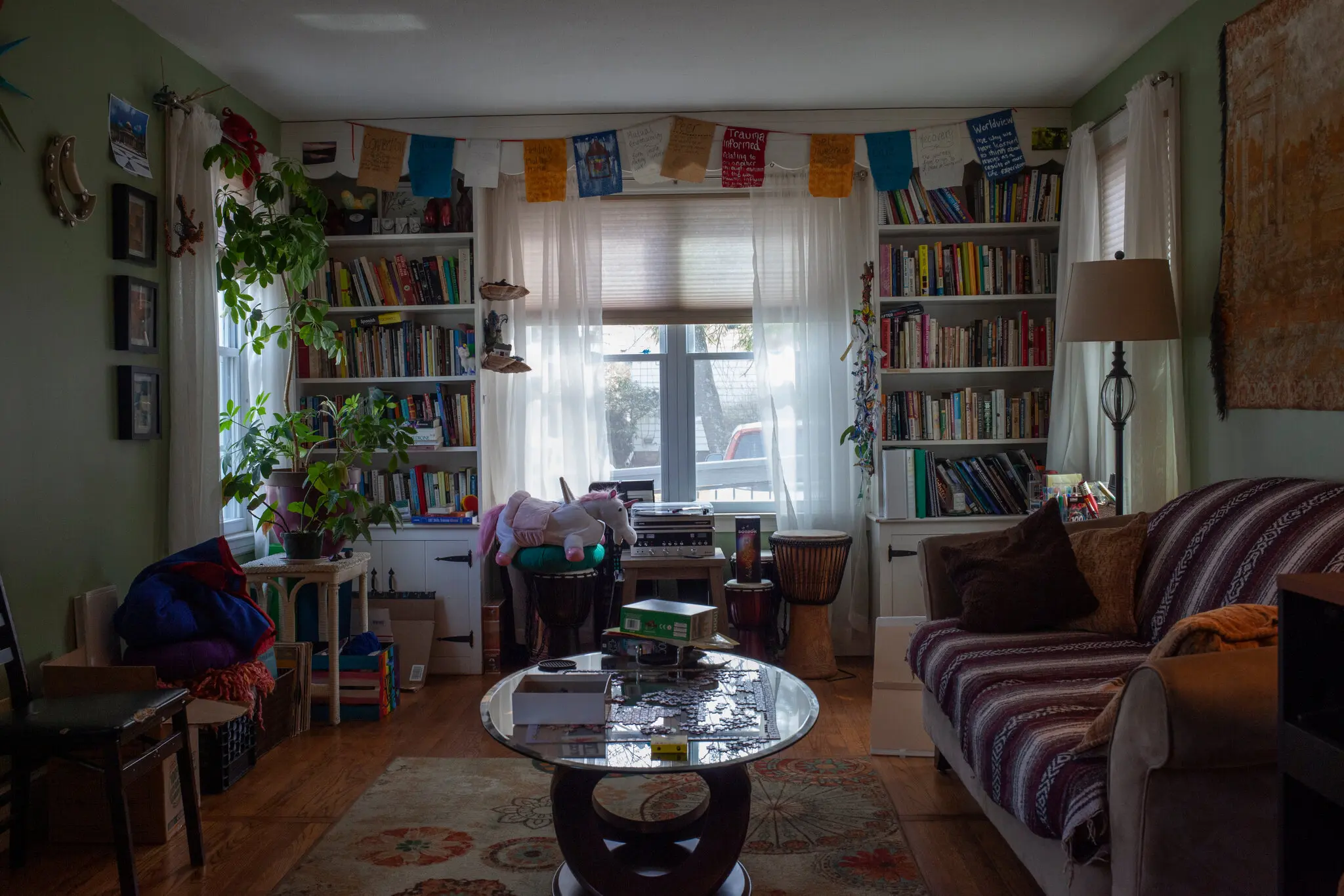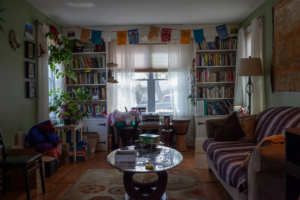The New York Times Sunday Magazine recently ran an article by Daniel Bergner looking at a movement investigating options that people who hear voices might consider exploring besides medication. Among alternatives discussed is residing in a group house where people learn to live with and manage this situation. Knowing people who have lived in this situation since their childhood, and others who deliberately seek to here from discarnate entities, this struck me as a fascinating proposition. One excerpt reads:
“A man described being rocked and comforted by ‘an upside-down angel’ when he was growing up. Mazel-Carlton modeled an H.V.N. principle that prizes curiosity about other realities by asking the man for more about his experience. In reply to another participant, she said, ‘I’m so sorry that people are refusing to honor your soul’s identity.’ Then a woman talked about visiting her grandmother in a nursing home during Covid and seeing her grandmother’s ‘glowing pink orb rising from her chest’ and everything as ‘sparkling and glowing and timeless.’
“The woman said, ‘Everything was connected; there was this pulse, this flow’ — and there was a fight with a nurse when the woman, feeling that she was God, took off her mask. A psychiatrist labeled her psychotic, ‘so I couldn’t keep telling him my experiences, because he was telling me I’m sick, and I’m not sick.’ In this, according to the mainstream view, she was confirming her illness; denial of one’s diagnosis, termed anosognosia, is seen as a glaring symptom of psychotic disorder.
“’The first time I came to this group,’ the woman went on, ‘and said something about what happened that day with my grandma, I looked at the screen and people were nodding their heads, and I thought, holy [expletive], people get what I’m talking about. And when people talked about feeling like they’re Jesus Christ, I was like, Oh, my God, I’m not the only one? In group, I don’t feel alone, and feeling alone is like something crushing my chest.’ She began to cry minimally. ‘Group is a place to be vulnerable,” she said. ‘In my everyday life, I don’t feel safe. I have to put on my armor.’”
https://www.nytimes.com/2022/05/17/magazine/antipsychotic-medications-mental-health.html.


